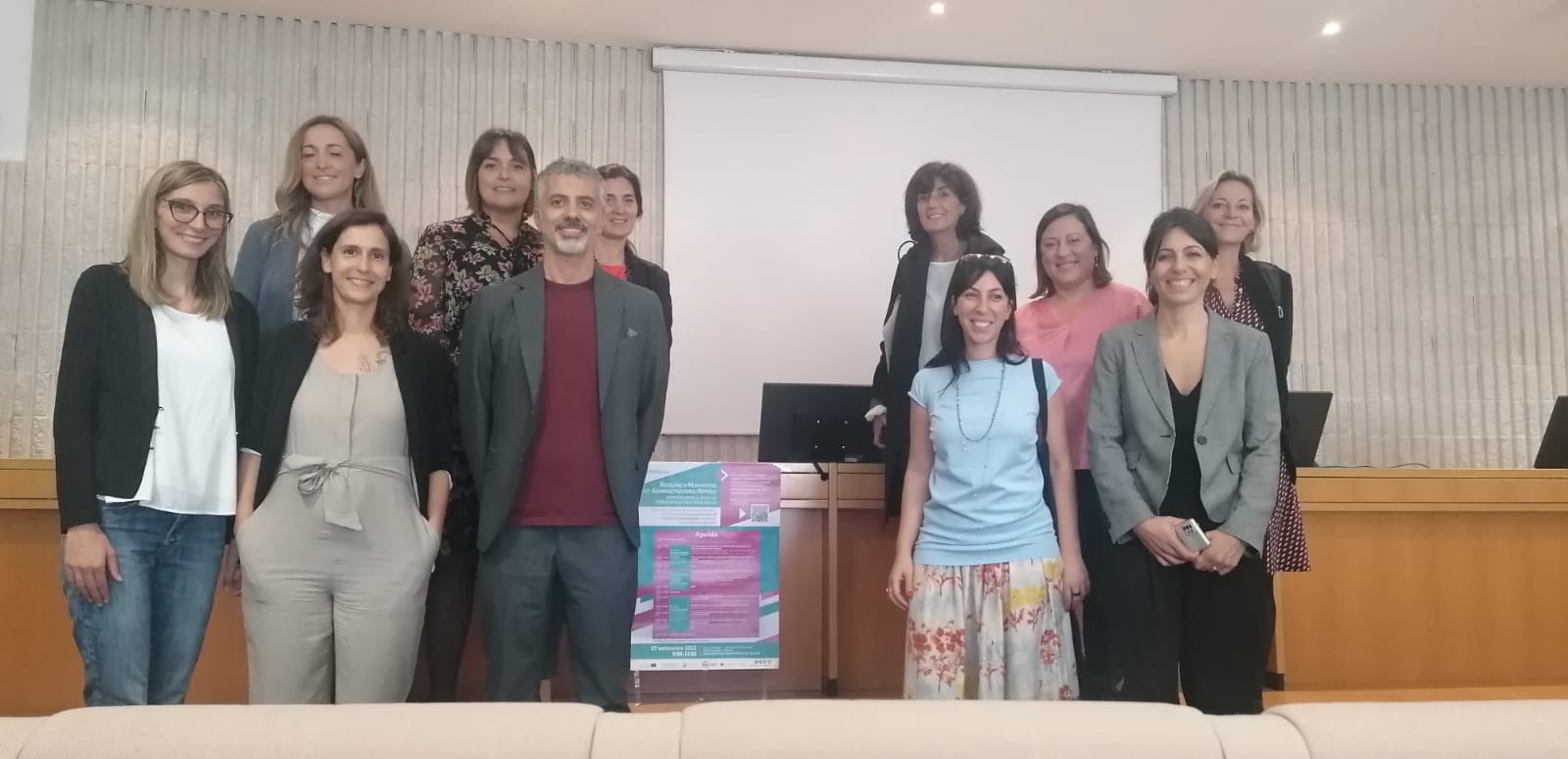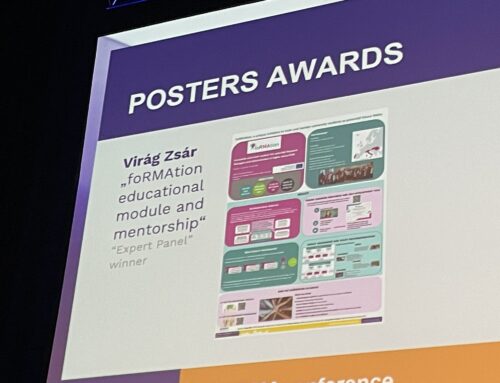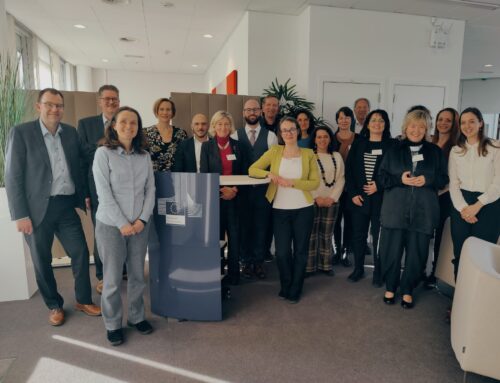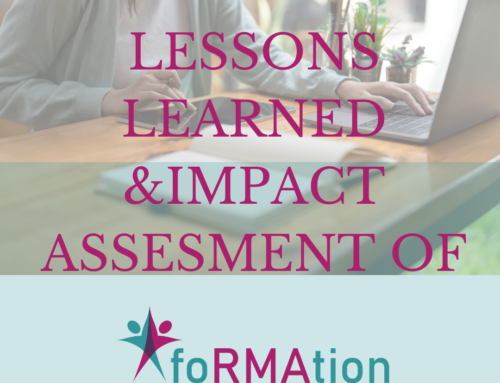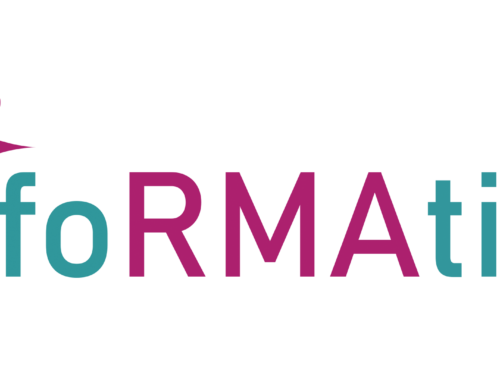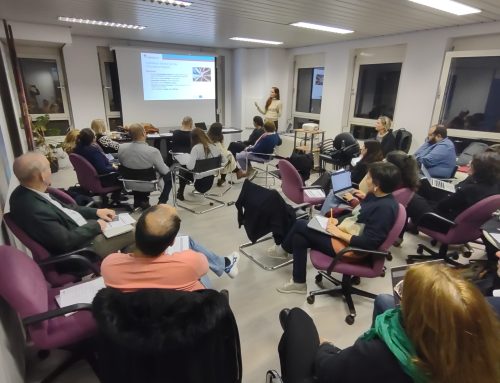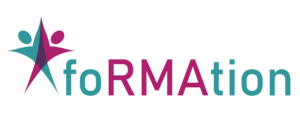On September 27th, 2022, ISINNOVA, Tor Vergata University of Rome, Politecnico di Torino and APRE joined forces to bring to life the first public debate around raising awareness on the Research Manager and Administrator (RMA) profession and its role and place in Europe – especially in Italy. The day’s spotlight was also on presenting national and international RMA training opportunities in higher education.
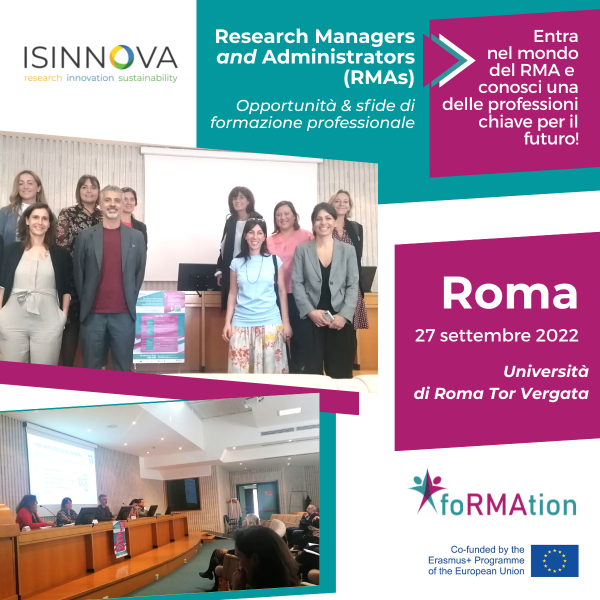
Find below some takeaways and useful materials of the Research Managers and Administrators (RMAs) – Challenges & opportunities for education and training conference.
Francesca Dominici (Tor Vergata University) welcomed participants by highlighting the current dichotomy in the Italian RMA landscape. On one hand, significant RMA activities are taking place throughout the Country. On the other hand, there currently is no formal recognition or framework to define this professional category. Building on the Italian Research Managers’ activities, a need to stimulate a national debate on the acknowledgment of RMA skills and roles was identified. In this void of professional recognition of the RMA discipline, foRMAtion’s outputs offer excellent materials to put formal assessments of competences on the table and inspire the offer of training opportunities in this misread field.
Session 1, moderated by Danilo Aceto (Tor Vergata University), focused on the role of Research Managers and Administrators in Europe through the following contributions:
Stijn Delauré (Policy Officer, R&I Actors and Research Careers unit, European Commission’s DG Research and Innovation), delivered a keynote speech about the implementation of the ERA Policy Agenda, stressing the Research Management Initiative whose implementation will draw on the support of Member States in the upcoming month. He shared with the audience how Italy is not supporting Action 17, which is currently part of the threshold requirements to be approved. He also provided information about current and upcoming calls for proposals promoting opportunities for the enhancement and recognition of the RMA profession in the EU.
Dipti Pandya (EARMA Board), presented numbers, activities and future plans of the European Association of Research Managers and Administrators. Created in 2012, EARMA is a European non-profit network made up of 177 institutional members and 185 individual members from across Europe. Fully funded by members, a few sponsors and income coming from events, the network aims to facilitate best practices and information exchange, provide professional development training and certifications, promote research management and administration as a profession and represent RMAs to relevant stakeholders and EU institutions. Dipti highlighted how EARMA’s roadmap objectives include, among others, connecting with new and existing European RMA networks on a community platform to create a bottom-up consensus on the future of research management.
Session 2, moderated by Loredana Marmor (ISINNOVA), shed a light on Creating awareness about the RMA profession in Universities: foRMAtion project.
Loredana Marmora started off by introducing the innovative foRMAtion project, its objectives, the consortium’s partners and some results achieved so far. The presentation offered a deep dive in the foRMAtion learning platform: including the online learning resources, the self-development tool and the platform evaluation. Universities and other Research Performing Organizations (RPOs) interested in using the project’s outputs have been invited to join the foRMAtion Module Alliance and the foRMAtion Mentorship Alliance to benefit from train-the-trainers and networking opportunities. Loredana shared with the audience the availability guidelines developed to organise successfu mentorship programs which were developed by the foRMAtion project. A video collage showing the experiences of mentees who took part in foRMAtion’s mentorship programme was an inspiring closure.
Loredana Marmora’s presentation
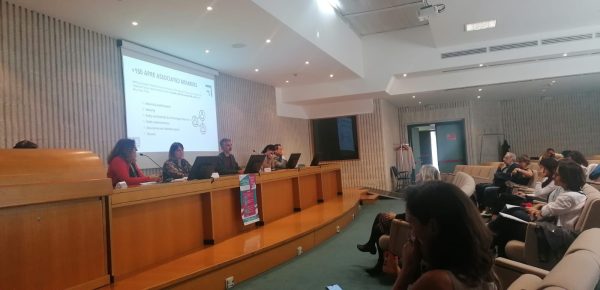
Cristina Oliveira (Chair of the conference and Head of NOVA FCSH Research Funding Office) touched upon the major topics covered by the four innovative international teaching modules targeting Higher Education students. Besides providing up-to-date knowledge on the RMA profession, the curricula designed by foRMAtion aims to develop student’s technical and transferable skills. The teaching modules have been piloted successfully for a whole semester during face-to-face classes, as well as through online and blended learning environments at three universities, involving a total of 70 students across Europe. The quality and relevance of the courses have been recognized by the conferral of the international Blended Learning Award. In addition, NOVA has developed a Doctoral School and a Post-graduation in Science and Technology Management and Policy both directed to provide qualified training and skills development for the performance of research management activities.
Cristina Oliveira’s presentation
Session 3, moderated by Loredana Marmora (ISINNOVA), focused on the national RMA scene by exploring the Italian community of RMAs. Speakers shared and reviewed the local activities and networks around RMA in Italy and identified the steps forward to be made in this field.
Barbara Chiucconi (Università degli Studi di Macerata) opened the session presenting the CARDEA project – Career Acknowledgement for Research (Managers) . The project, coordinated by the University College Cork and funded by the European Commission, will run for four years, from 2022 to 2026. By recognizing the multidimensional scope of ‘research management’, CARDEA aims to improve the European R&I system, across the entire ERA, by strengthening the capacity for research management in Europe’s public research performing & funding organisations. Among others, the project will develop the following concrete tools: a Hub for network and exchange practices, a Training Catalogue, a Toolkit for research managers and connected professional profiles and an RM Charter & Concordat. Barbara invited all participants to follow up on the project’s development and fill-in the current CARDEA survey designed to investigate a current research manager’s career journey, including the skills involved, the professional framework provided, as well as career aspirations.
Barbara Chiucconi’s presentation
Take part in the CARDEA SURVEY
Valentina Romano (Head of the Collaborative Projects Office, Research Support Department Politecnico di Torino) offered insights on the professional development framework created by the Italian Research Managers and Administrators’ network. Created in 2020, the network now includes around 40 RMAs from 25 Institutions. The main purposes behind the network are to increase awareness about RMA, stimulate the potential of the profession at a national level and guide it’s development in Italy. Valentina showed the steps undertaken to create the professional development framework and reviewed the identified RMA key areas & tasks, professional levels matched with the required skills and competences. Valentina invited participants to take active part in the network and promote the framework’s exploitation and dissemination (email: info@italianresearchmanagers.eu).
Valentina Romano’s presentation
Visit the Italian Research Mangers and Administrators network’s website
Monique Longo (APRE) briefly introduced APRE’s structure, members and role and accounted for the everyday experience of working on supporting an institution in the process of structuring a Grant Office. Monique stressed the need to work on two levels in order to ensure effective internal organisational processes as well as promote fruitful interactions between the Grant Office and the scholars/researchers. The exploration of this type of support service led to a definition of strategies and tools, including the promotion of a dialogue with researchers, networking and training programmes.
Gianluca Mattarocci (Tor Vergata University) concluded the session by analyzing the challenges and opportunities for RMA education and training, focusing on the possibility of using foRMAtion’s teaching materials in other higher education systems. Gianluca evaluated the varieties of skills required by RMA in the different phases of the project cycle and proposed opportunities for declining RMA knowledge for undergraduate, Master and Phd students.

